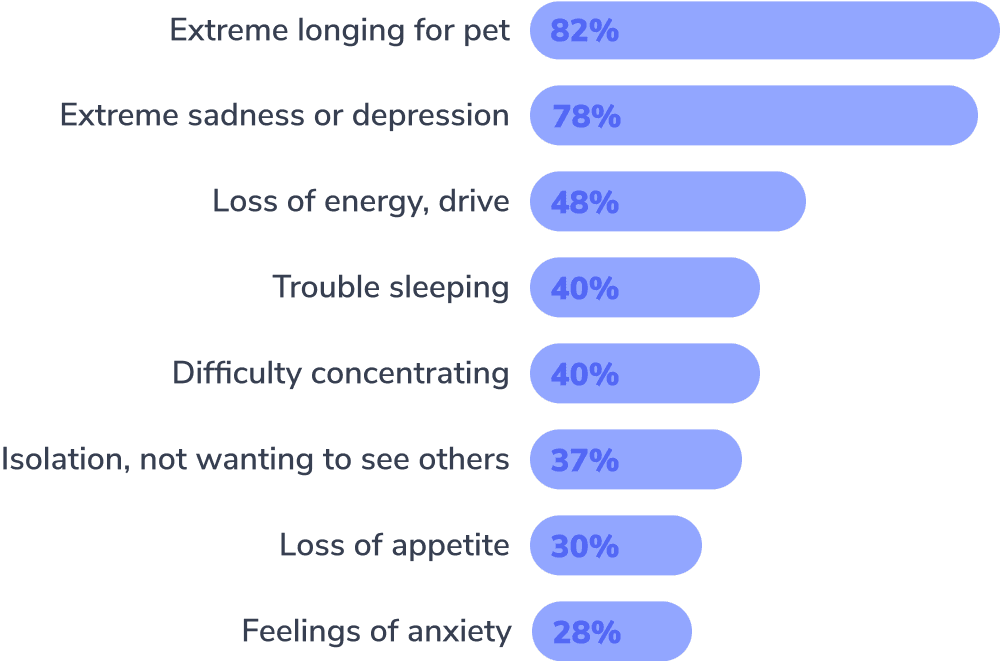Pet Grief Support Group
Brought to you by

If you or someone you care about is grieving the loss of a pet – you’re not alone, and we can help! Get support coping with your pet’s death with guidance from a trained therapist in a community of other pet owners like you.
Event Details
Date & Time: Wednesday May 24th, 6-7pm EDT
Location: FREE Virtual Event
Hosts: Sponsored by Pumpkin, one of the fastest growing pet insurance providers, and facilitated by Alyssa Petersel Landsberger, LMSW, trained therapist & Founder/CEO of MyWellbeing, where you can match with the best possible therapist or coach for you.
About the Event: Losing a fur family member can be as emotionally distressing as losing a human family member, so why is it hard to find professional pet grief support & resources? Pumpkin & MyWellBeing have teamed up to change that. Keep reading to see the shocking survey results that inspired our upcoming event.












